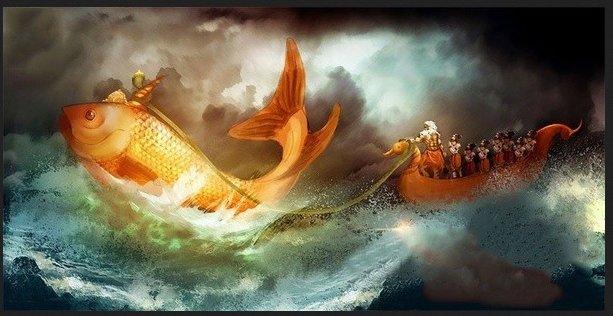While the popular tendency is usually to talk of the diaspora in the West (which is recent in formation), Indians have played a far more important role in East Africa if we take a long historical view of the past 150 years
(Contd..)
Of which 15000 were Indians
In Sowell’s words, the Indian shops in East Africa were the first commercial retail establishments ever encountered by these African villages in their entire history
In 1948, Indians owned over 90% of all cotton gins in Uganda
Despite Govt regulations which hampered Indians from setting up shops (again as per Sowell)
While we tend to diss imperialism a lot, we sometimes forget that imperialism was also a driver of such unlikely inter-continental migrations which brought commercial culture to hitherto unexplored regions
The Indian businessman who had played a large role in building these economies was driven out of it, with little gratitude
All the more reason to celebrate and commemorate it






